Early in his NFL career, Terry McLaurin wasn't much of a speech-giver. Though he'd been a two-time team captain at Ohio State, the prolific wide receiver believed that putting his head down and performing like a pro was the best way for him to inspire teammates.
"I was more of a lead-by-example guy," McLaurin recalled Wednesday, "but my leadership style has grown over the years. As time went on, I would see people wanting me to get more vocal. I had always felt that a vocal leader was someone who told everyone else what to do, or who was a rah-rah guy, and that's not me. What I learned was that vocal leadership has different connotations. What I believe now is a vocal leader can be someone who knows the standard of the organization, and he makes sure that everybody else is upholding it."
Now a Washington captain for the second consecutive year, McLaurin says it's an honor conferred by his peers that he'll never take for granted. And if he's gotten more vocal, there's no debate that the 2019 third-round selection has earned that right -- through his preparation, professionalism and production.
Ten games into his third NFL season, McLaurin (54 receptions, 735 yards, five touchdowns) ranks among the league's elite pass-catchers, and he's right up at the top when it comes to grit. According to Pro Football Focus, McLaurin leads all players with 23 "contested catches" in 2021, nine more than his closest rival.
It's a quantifiable manifestation of something football-watchers have understood anecdotally since McLaurin entered the league as somewhat of an afterthought -- and emerged almost immediately as a bona fide No. 1 wideout. Those who study McLaurin's craft more carefully, such as opposing defensive backs, appreciate the nuances of his game on an even deeper level.
"He will play 15 years, and not [only] because of his speed or catch ability," said Tyrann Mathieu, the Kansas City Chiefs' All-Pro safety. "It's his ability to win routes with execution. He's so crafty. And he can run every route on the route tree! He reminds me of the great ones who don't say much -- he just puts his head down and work hard."
Tampa Bay Buccaneers cornerback Richard Sherman, who will likely end up in Canton one day, said of McLaurin: "He's one of the few blue-collar wide receivers in our league. There's no job he won't try to do."
It's a mindset that helped McLaurin attract the attention of NFL talent evaluators even as he failed to command a featured role at Ohio State, catching just 75 passes during his four-year career. After Washington selected McLaurin with the 76th overall pick, then-coach Jay Gruden said he'd been the top-rated special teams player on the team's draft board.
McLaurin, who especially thrived as a gunner on coverage teams, figured special teams represented his best chance of fulfilling his dream by making it to the NFL. Though his draft stock had improved after a strong Senior Bowl performance and a 4.35-second 40-yard-dash at the combine, he wasn't sure how many opportunities he'd get on offense once he reached the next level.
"In college, I did a good job of playing my role," McLaurin said in August. "I was a leader, a deep threat and did a good job on special teams. I always felt that when I got my chance, I could be a No. 1 receiver. My journey is kind of unique: the team started me off on special teams, and that was my way in to help the team and make an impact."
As it turned out, McLaurin made an instant impact, becoming the first player in NFL history to have at least five catches and a touchdown in each of his first three games. And one of the supposed weaknesses in McLaurin's game -- that he was a "body catcher" -- turned out to be a fallacy: he would lead all NFL rookies with a 68-percent contested-catch rate.
"I wasn't really used to getting a lot of catches [at Ohio State], so I was just making sure I caught the balls that were thrown to me, and I would pull them in," McLaurin said of the "body catcher" stigma. "I used to say, 'It doesn't matter how you catch it, as long as you catch it.' But in the NFL, it really does matter how you catch it.
"There are different techniques for different situations. Sometimes I'll instinctively body-catch a ball when there's not much space between me and a defender and I don't have time to extend my arms. If you're going over the middle, in traffic and a defender's kind of driving on the ball like you are, and you can't get your hands extended, you get yourself between the defender and the ball, and it's like in one motion you catch the ball and brace for impact."
Check out the top photos of the Washington Football Team's Pro Bowl hopefuls so far this season. (Photos by Emilee Fails, Joseph Noyes, and Karlee Sell/Washington Football Team)
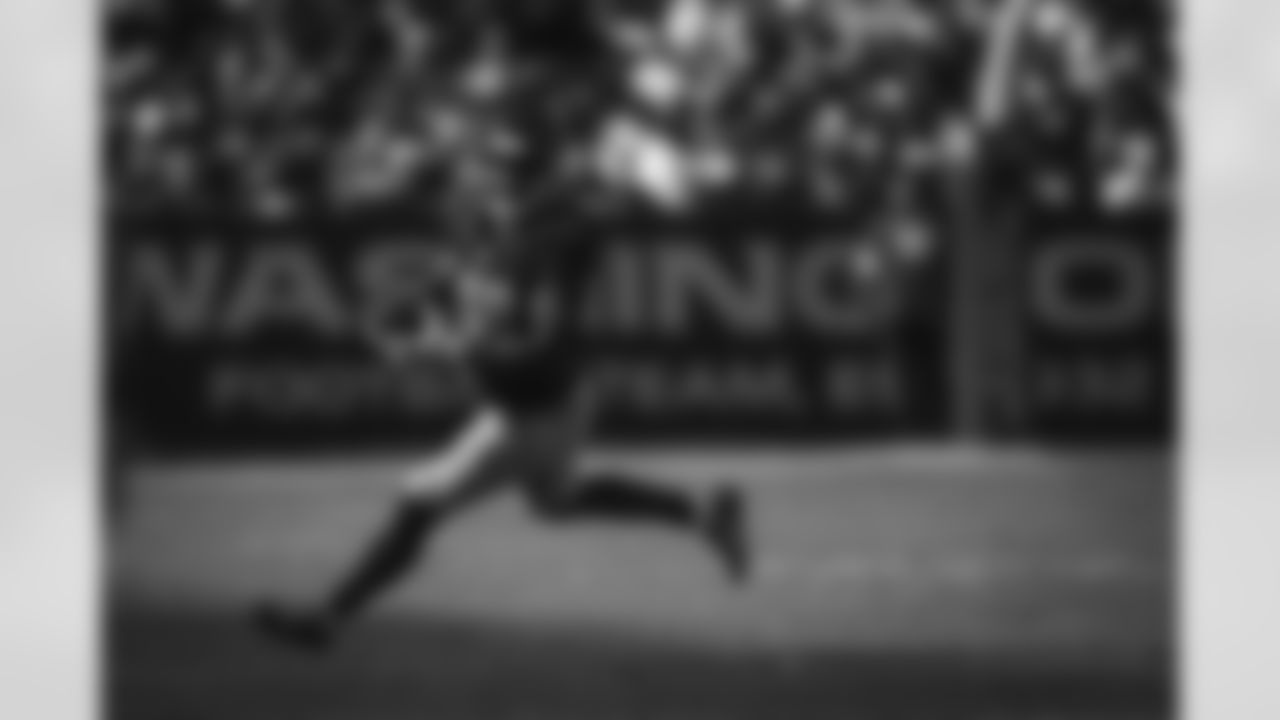


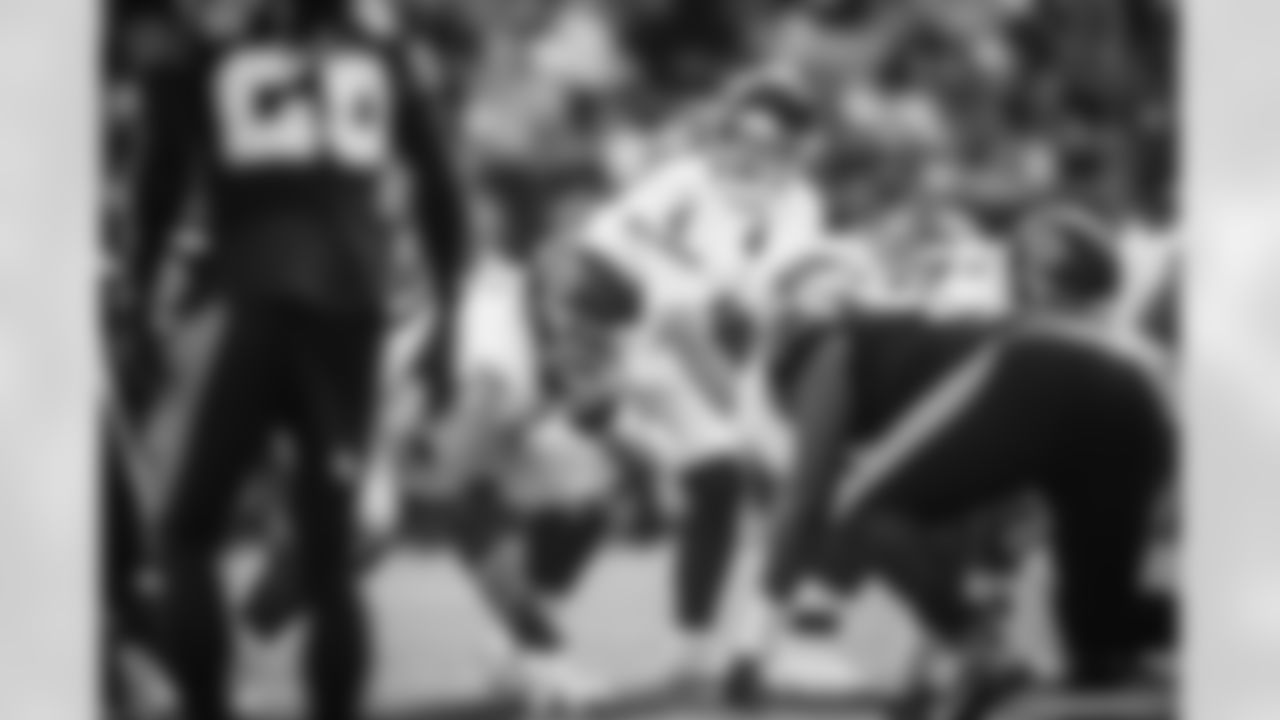

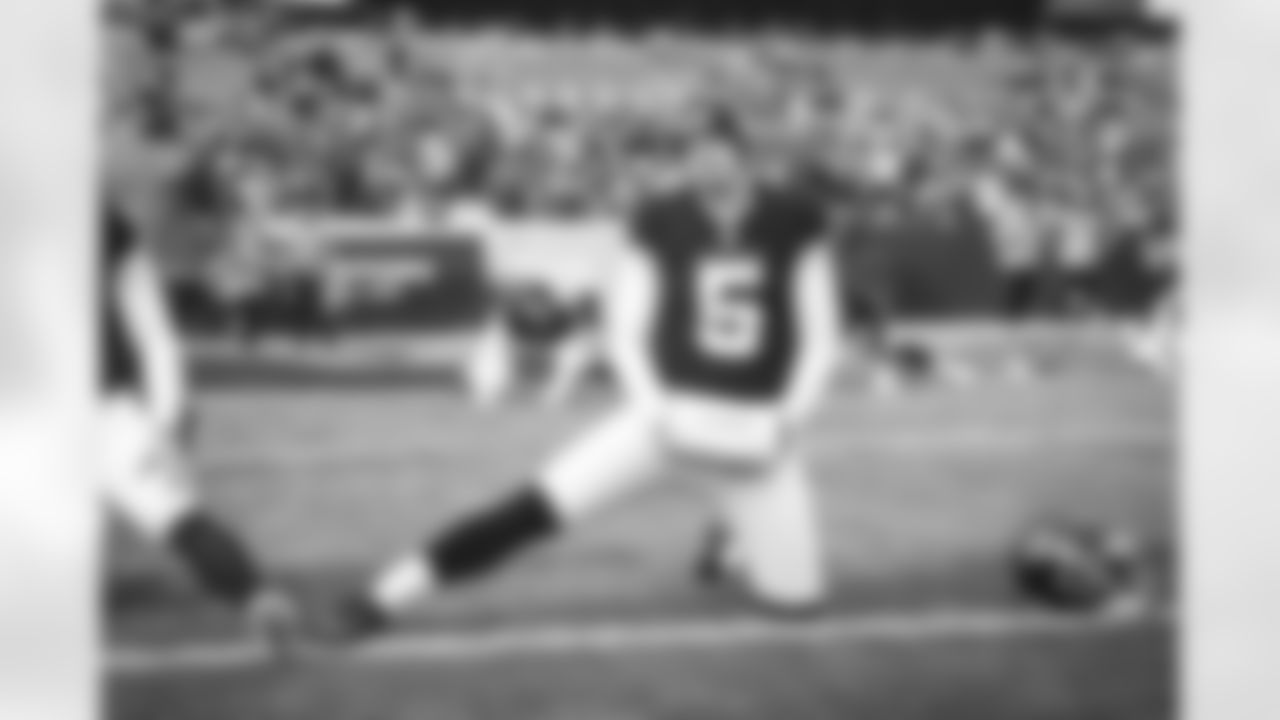


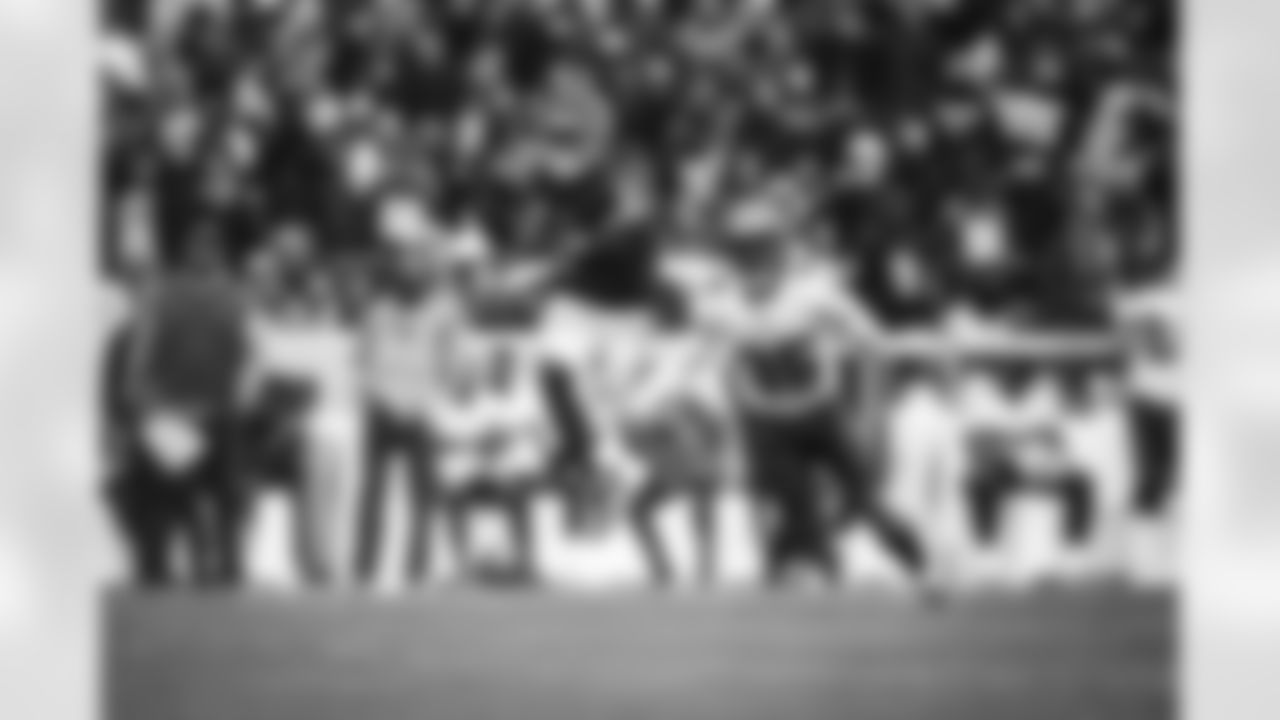


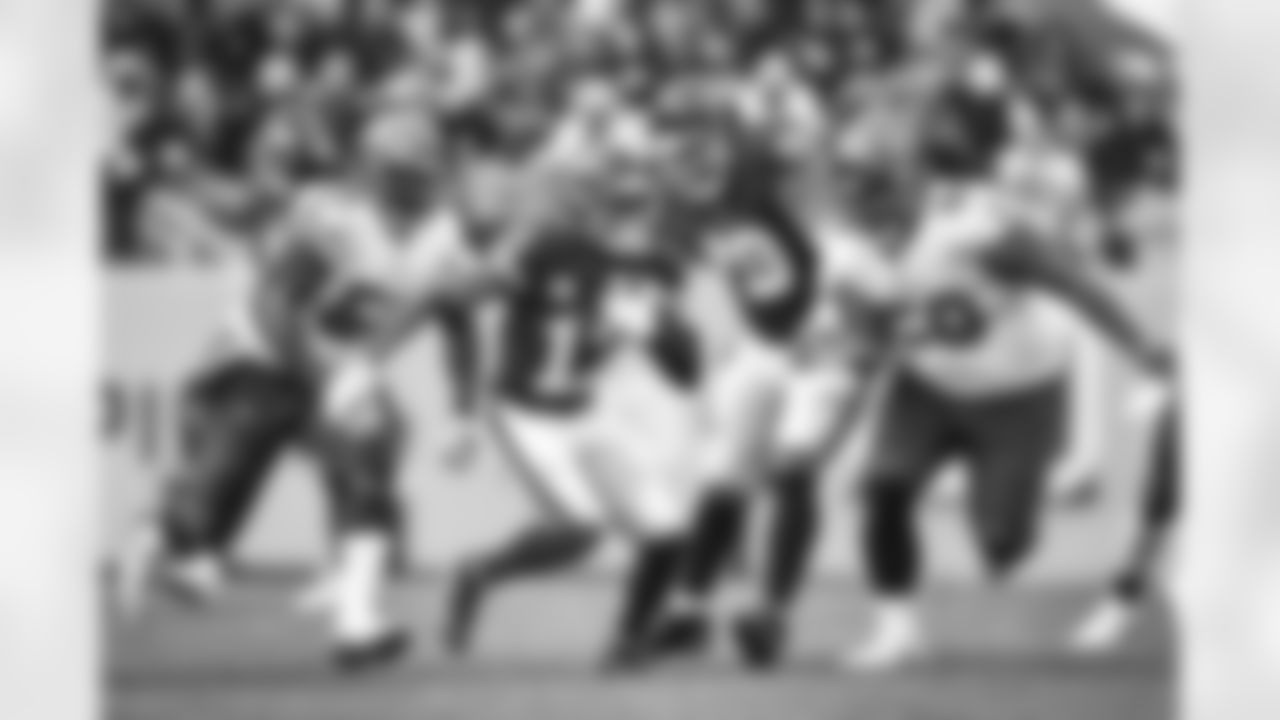
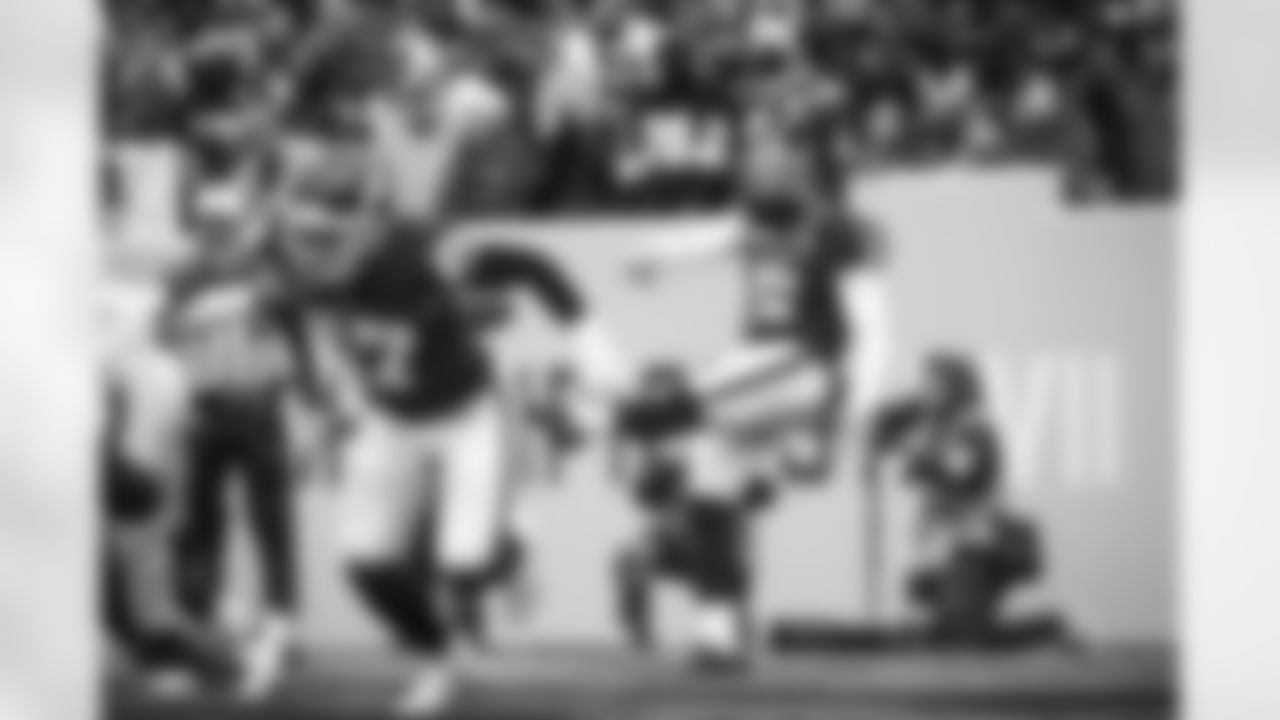

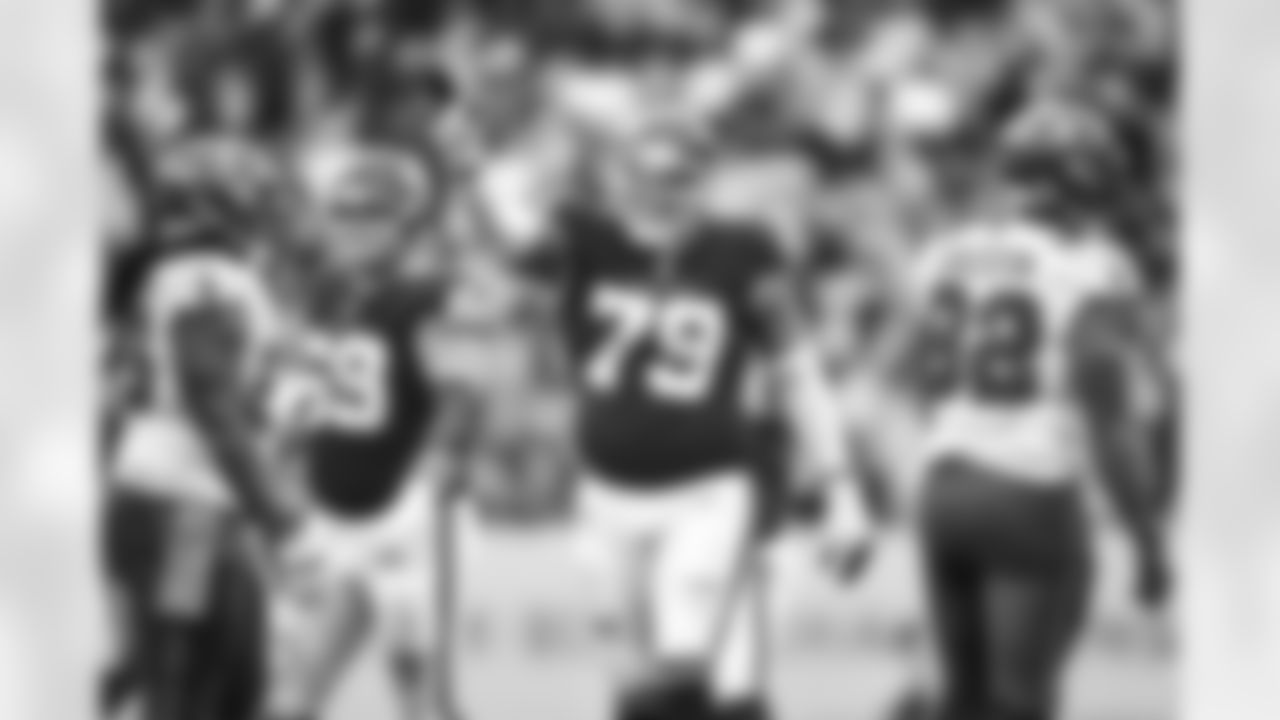
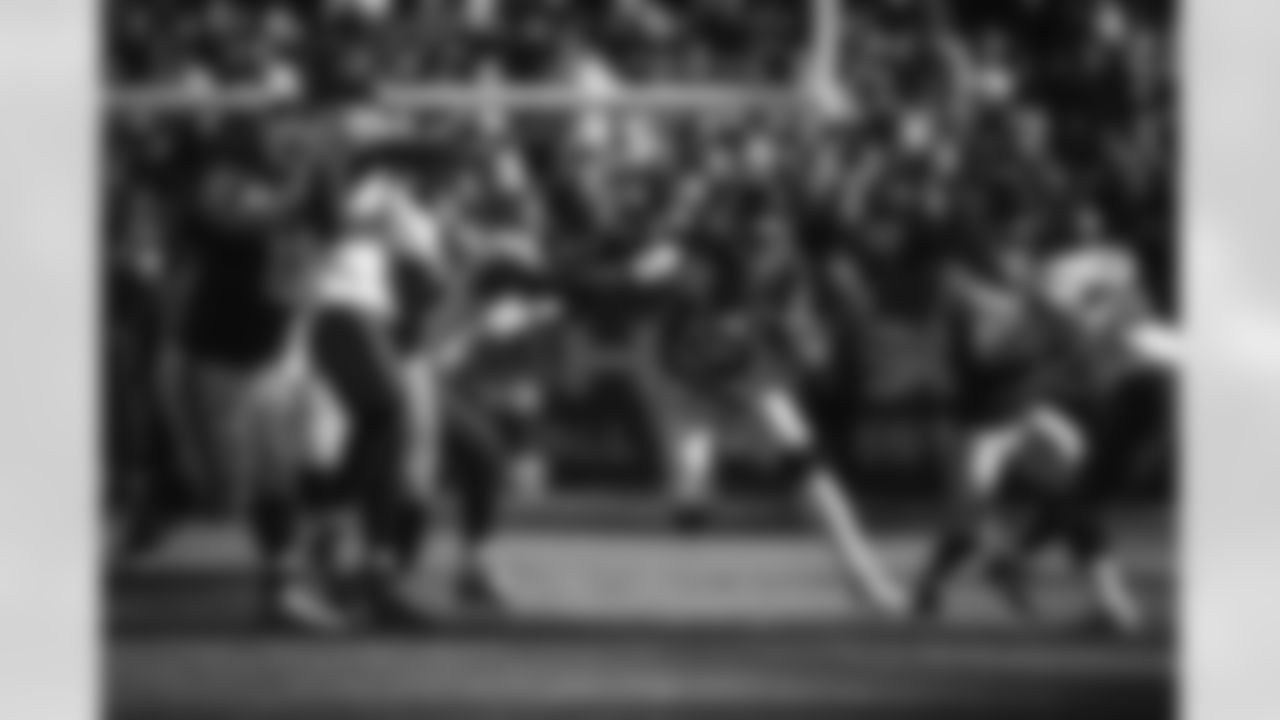
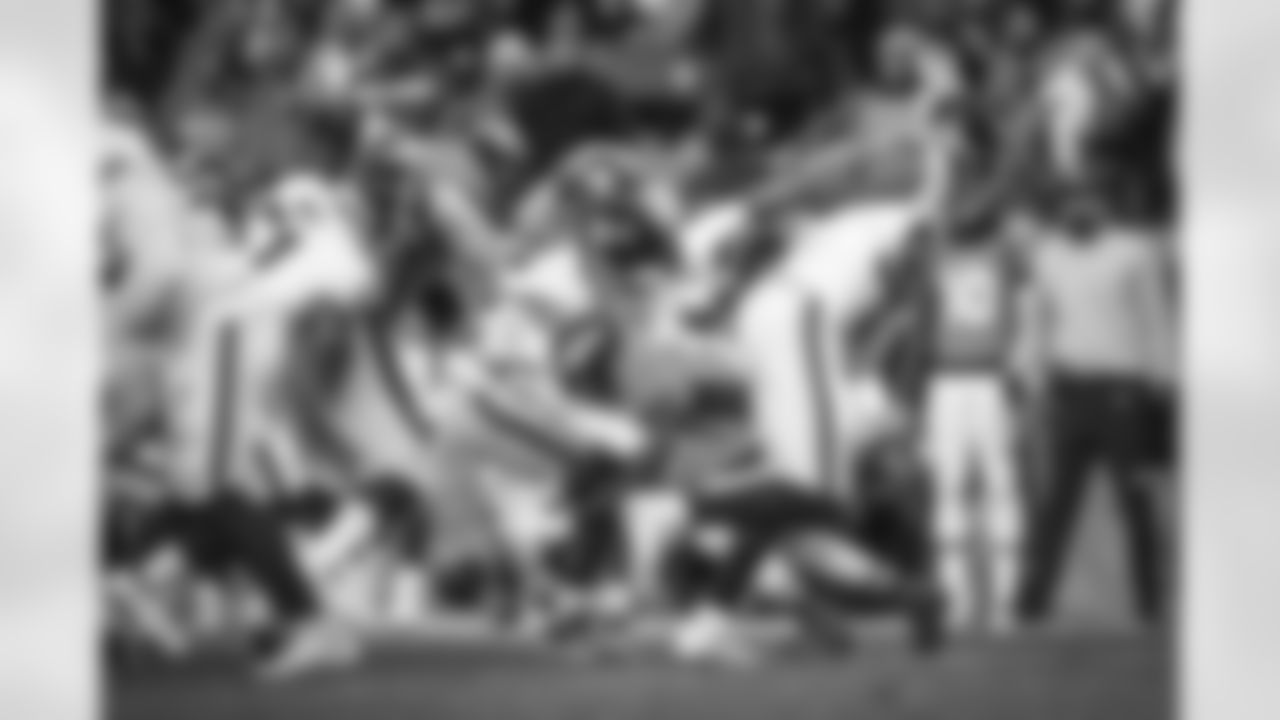
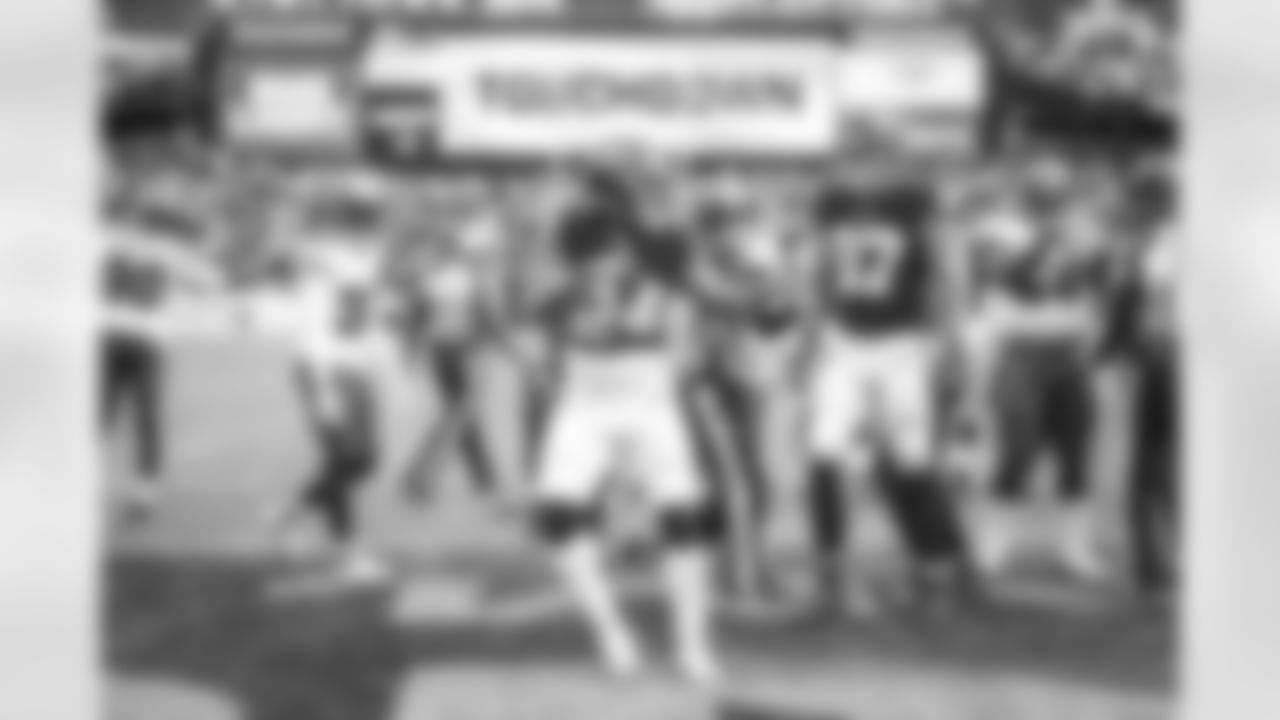
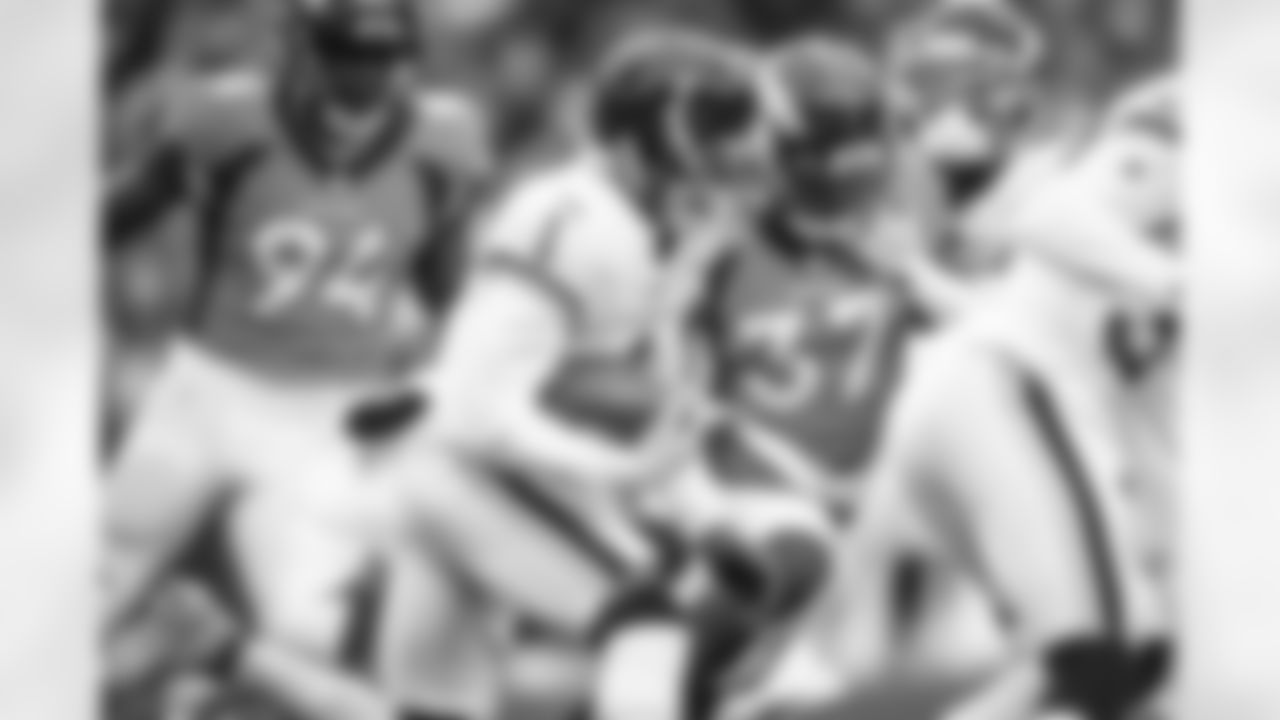

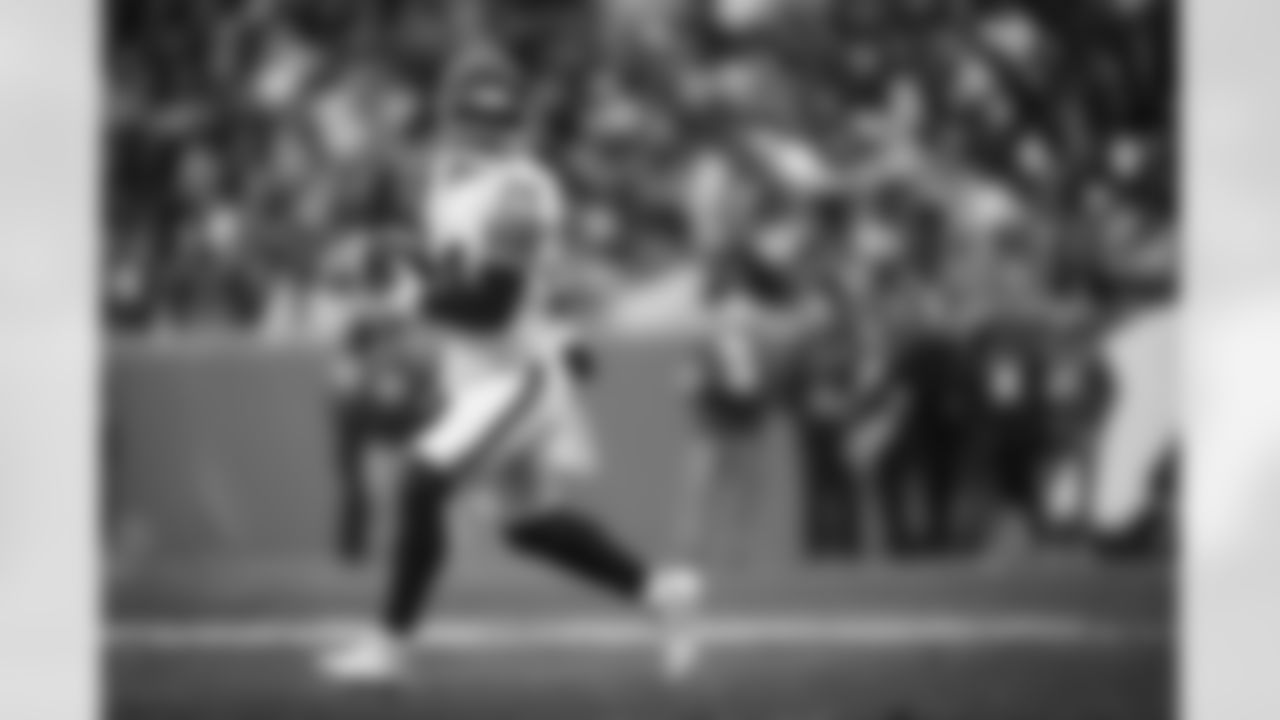
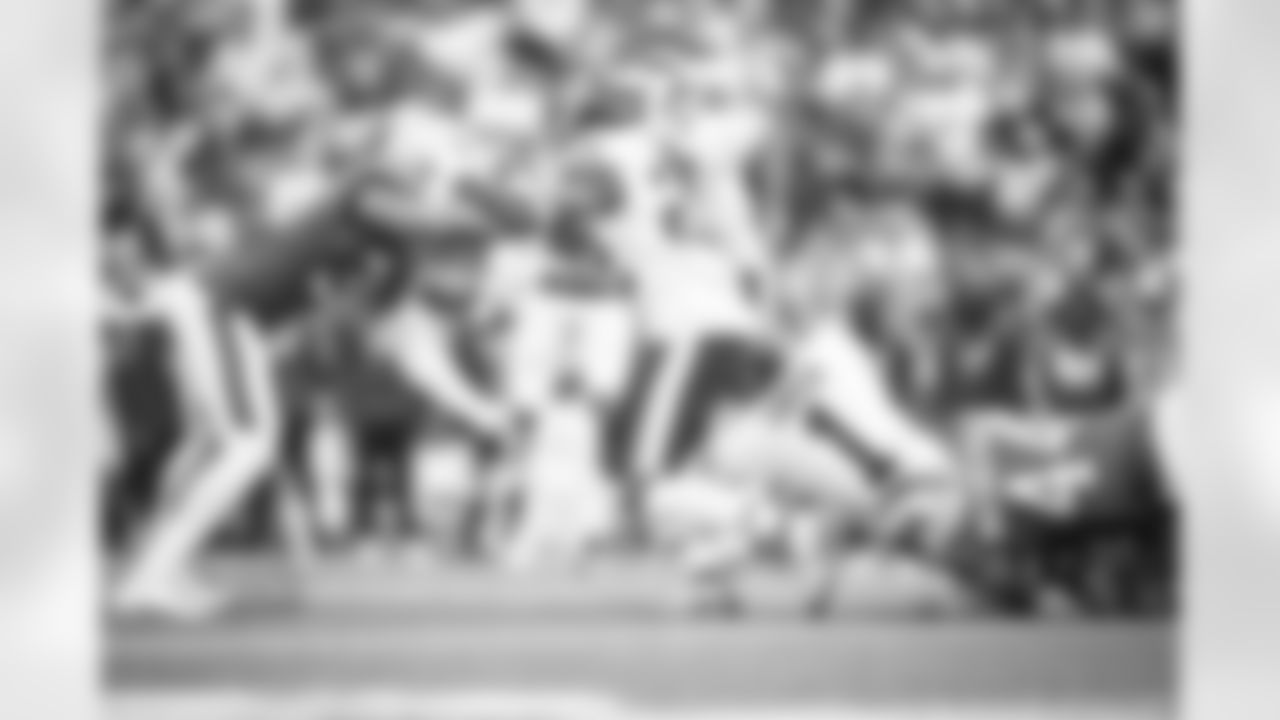
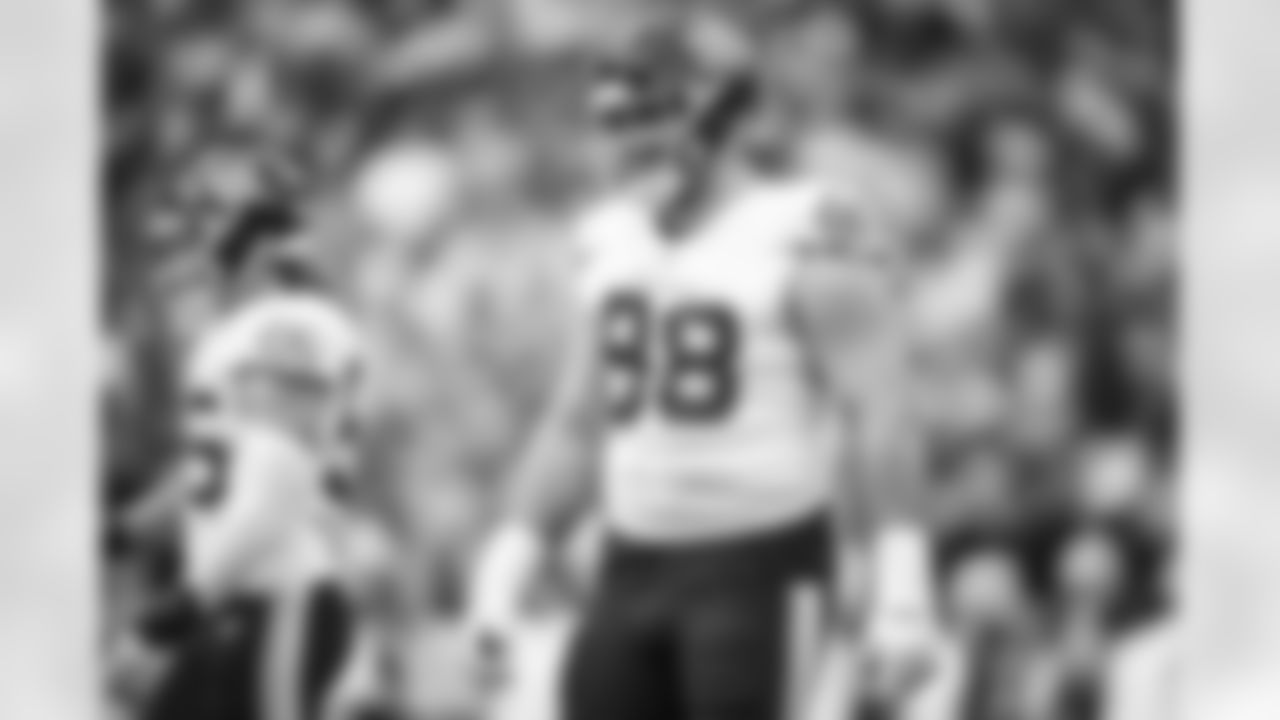


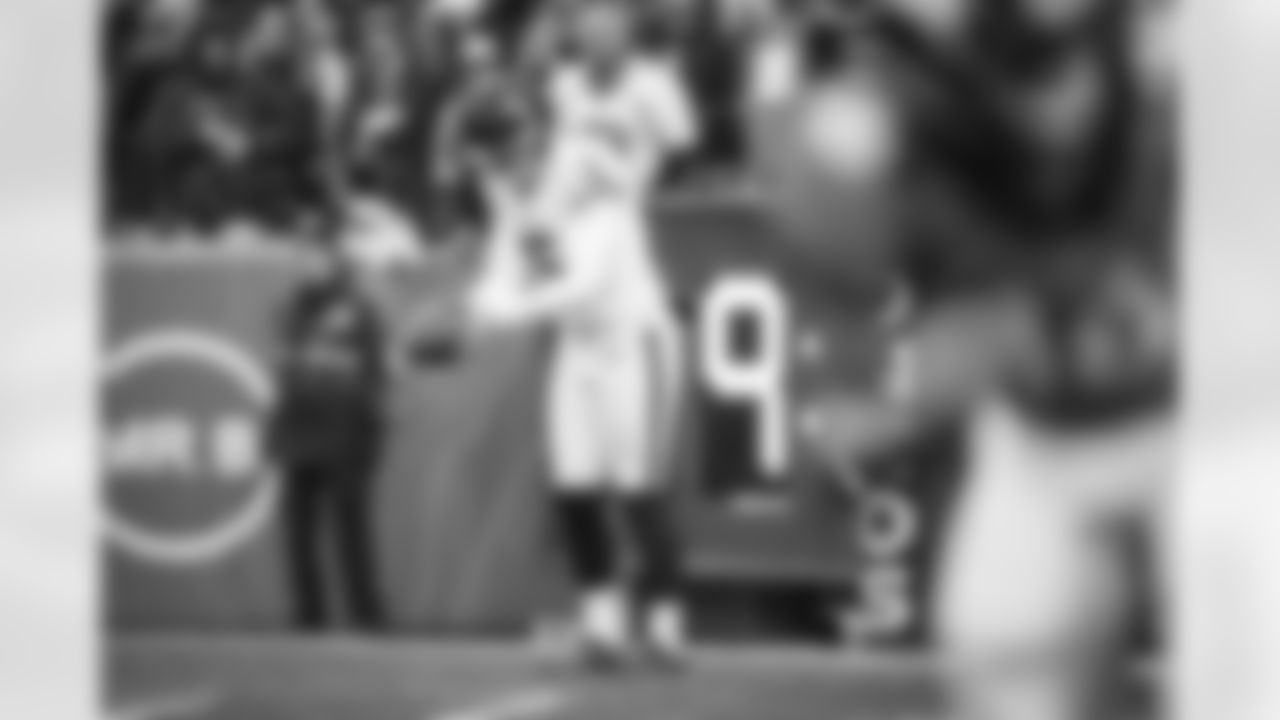
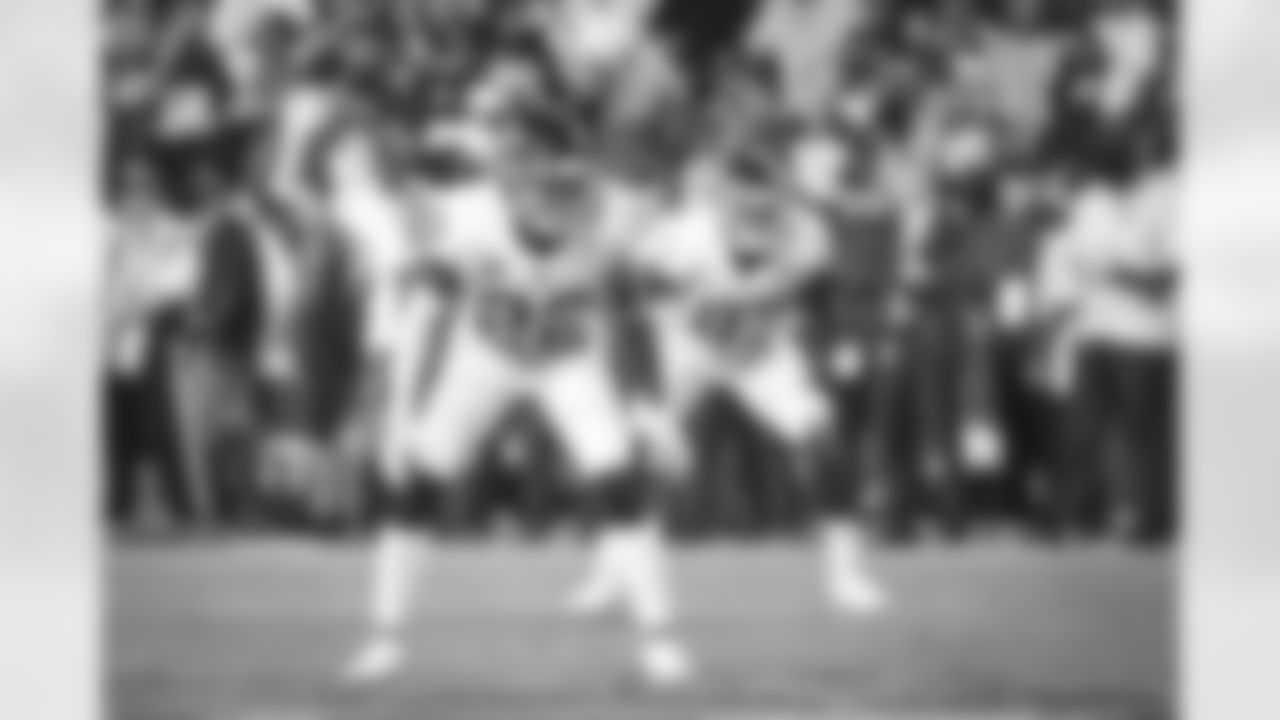
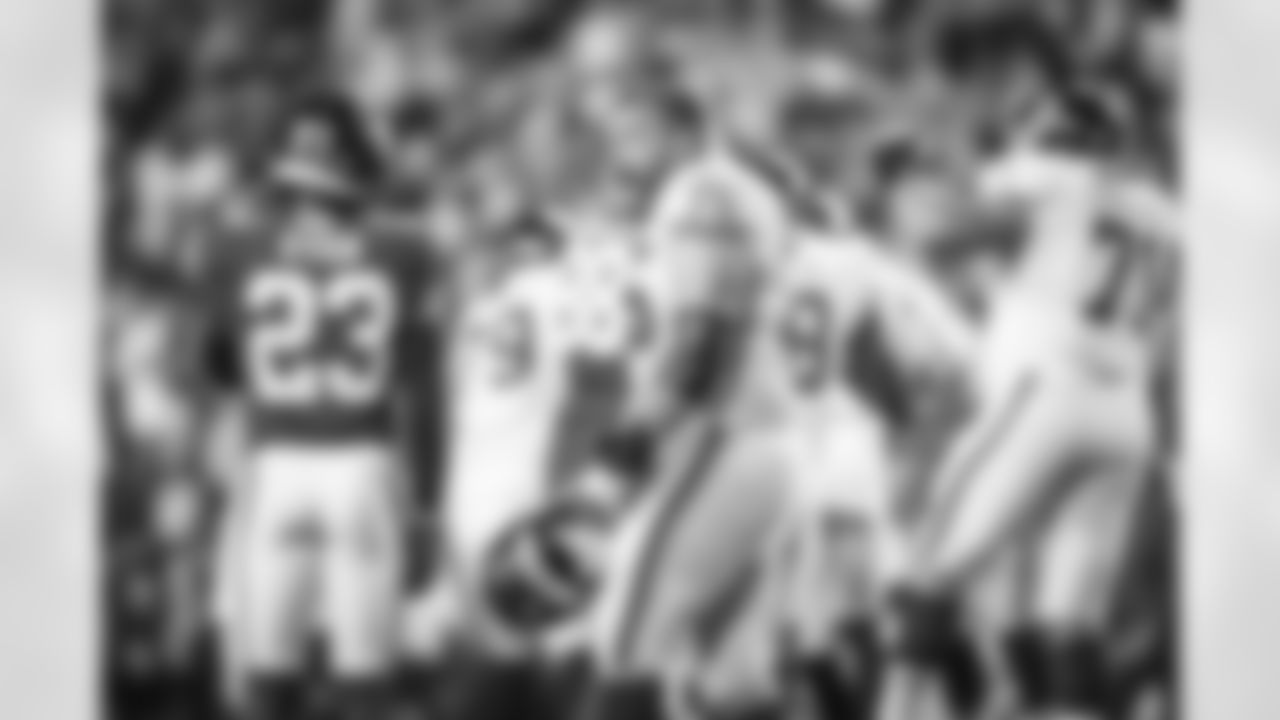


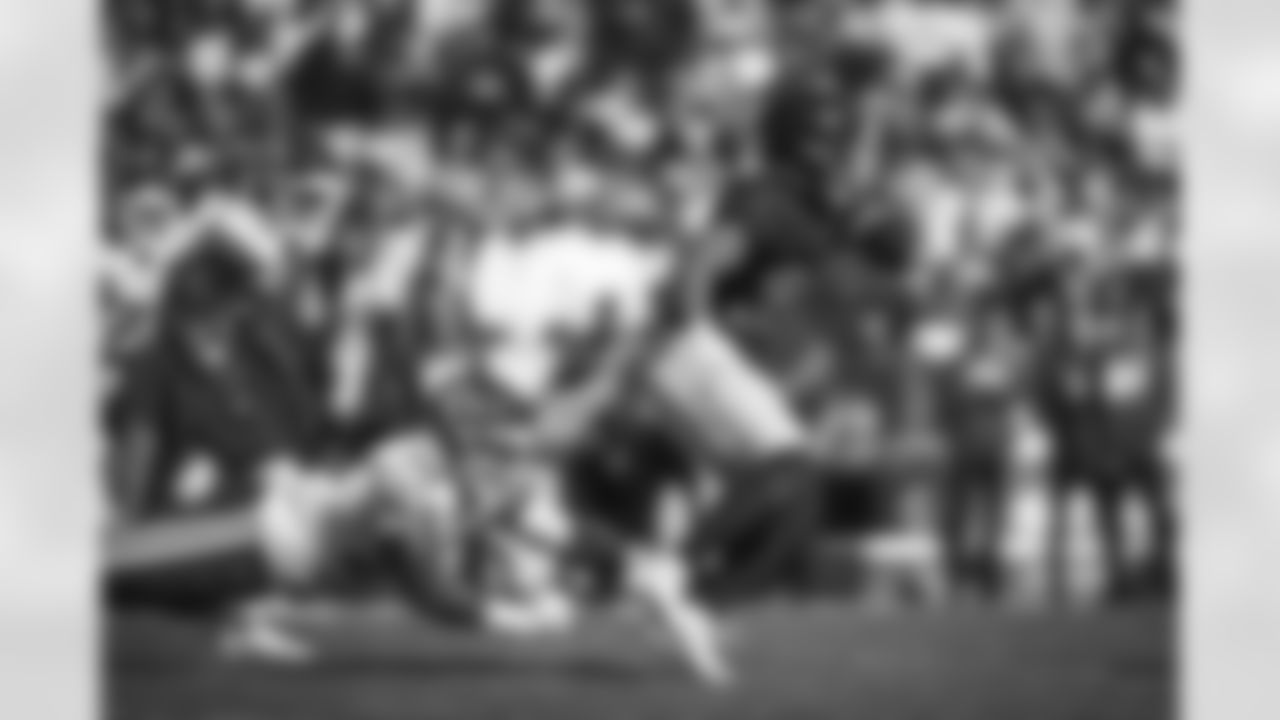
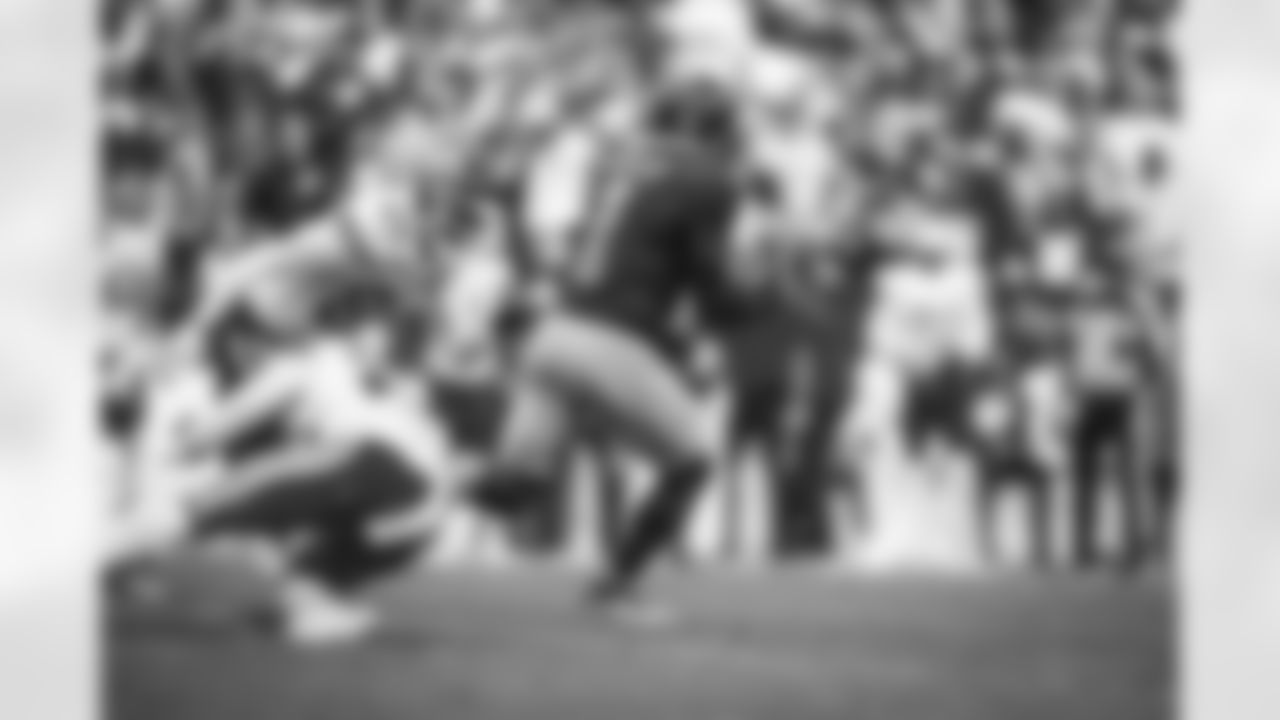

Washington fans can recall plenty of clutch catches that meet that description, including McLaurin's six-yard red-zone reception on third-and-5 -- while sandwiched between a pair of Tampa Bay Buccaneers defensive backs -- on the game-clinching drive two Sundays ago. And they also have numerous vivid recollections of McLaurin high-pointing balls while contorting his body and absorbing contact from a defender.
What fans and opponents alike do not possess are memories of McLaurin showboating, throwing diva fits or otherwise falling in line with the elite wide receiver stereotype.
"Terry is like carbon monoxide -- he's a silent killer," said Los Angeles Chargers cornerback Chris Harris Jr., a four-time Pro Bowl selection. "He doesn't say anything; he just works his tail off. He's a humble and hard-working individual."
Sure enough, McLaurin's contested-catch prowess is a testament to his concerted and constant quest to improve his game. During the spring before his senior year at Ohio State, McLaurin and some of his fellow receivers created drills designed specifically to enhance their abilities to come away with balls when blanketed by defenders, including one tailored to jump-ball scenarios.
"We were looking to create drills that simulate game action," McLaurin said. "The JUGS (machine) works great for hand-eye and repetition, but in games you're rarely catching the ball without contact. So, for example, to simulate the jump-ball catch, we got a big tackling dummy and we'd angle the JUGS machine so the ball would shoot barely over the top of the dummy. It would actually graze the top of the dummy's head if you didn't jump up and catch it first."
McLaurin's desire to get better didn't cease after a stellar second season, during which he caught 87 passes for 1,118 yards and four touchdowns to help Washington to a surprising NFC East title. Over the offseason he spent several days in Seattle with former Seahawks wide receiver Doug Baldwin, who was known for his toughness and competitive fire during a highly productive career. Ostensibly McLaurin -- with whom Baldwin shares an agent, Buddy Baker -- was there to work on his release off the line of scrimmage. By the time he left the Pacific Northwest, McLaurin felt as though he'd absorbed as many life lessons as he had football techniques.
"I knew he could help me with my releases, but more important he did a lot of great things in this league and he did them the right way," McLaurin said. "It was great more so because of the person he was. He's a guy I could really see as someone who could help mentor me."
Said Baldwin: "He is a good human being and a winner. He is humble enough to identify and work on his weaknesses while having the intrinsic motivation to consistently refine his craft. All that tells me that he will continue to grow as a player and, more importantly, as a man. That's what I learned about him during our off-season sessions."
As McLaurin continues his self-improvement mission, he's also making a point of trying to help his teammates get better. In training camp, for example, he consistently spent time working with and encouraging rookie receiver Dyami Brown, a third-round pick out of North Carolina.
"When guys like Dyami get better, it helps us all -- not just me, but our whole group," McLaurin explained. "When you have multiple guys that the defense has to account for, that means I'll see fewer double teams. But more important, that's the kind of leader I want to be -- someone who cares about my teammates and tries to help them."
McLaurin has been that way since he arrived in Ashburn. It's just that now, when the situation calls for it, he's a little bit louder than he was before.















